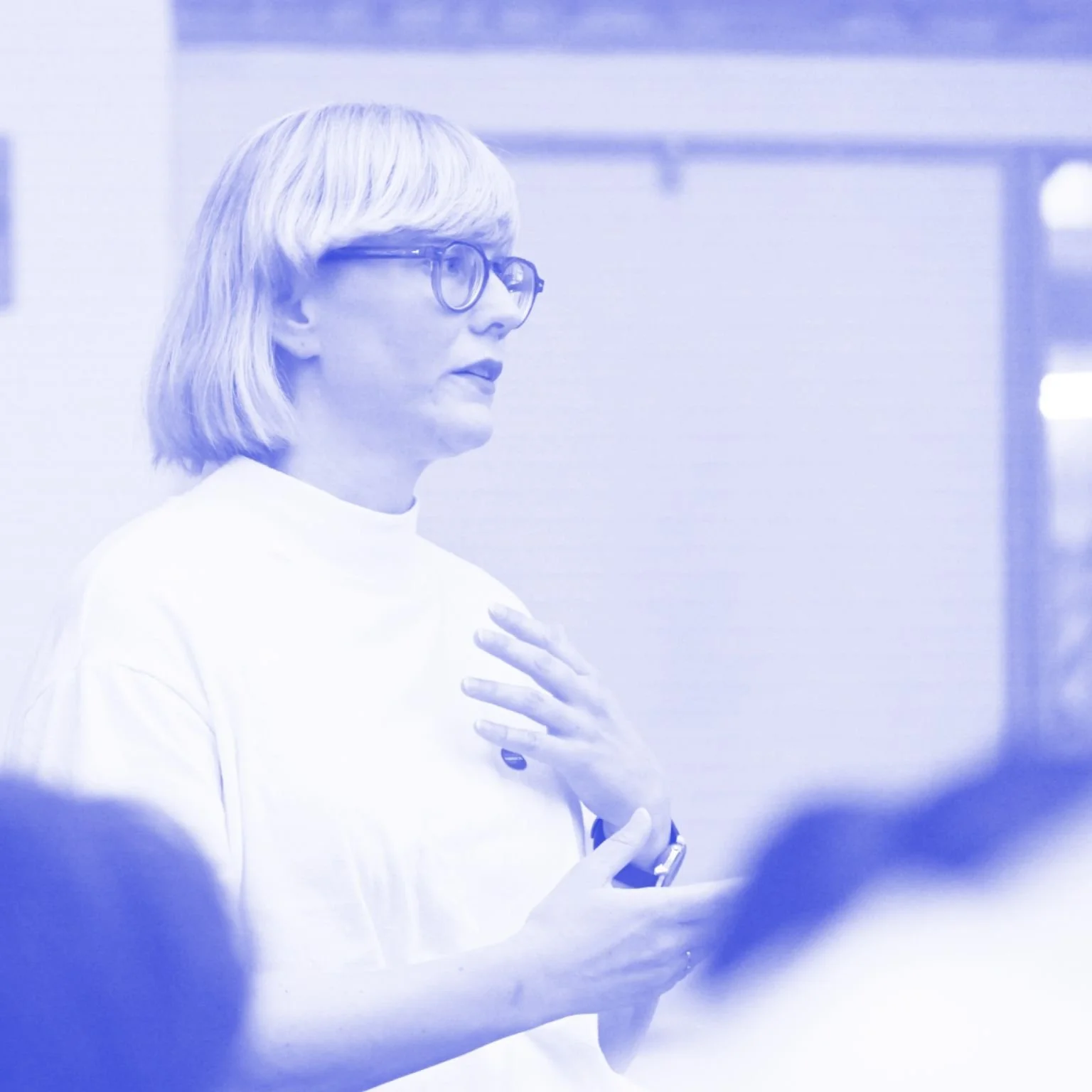Photo credit: Shixin Liang
Early in my career as a UX designer I regularly encountered colleagues dismissive of my efforts to think critically and long-term.
They’d argue it made things ‘too complicated’ or tell me to ‘skip the intellectual part’ and ‘stop being so negative.’ It took me years (and one particularly insightful manager) to understand that my critical thinking and the ability to link micro and macro levels were not a flaw. Rather, it’s a skill that helps teams avoid shortsightedness and unintended consequences.
This was almost two decades ago. At the time, I thought people would eventually ‘get’ what user experience design is and appreciate the cognitive effort that goes into delivering long-lasting, human-centred results. But even as UX design matured, those comments never entirely disappeared. In recent years, as teams rush to deliver on ambitious roadmaps, dismissals of thoughtfulness have become more frequent again - even though the challenges have increased in complexity.
This observation became the starting point for my new talk: "How to strategise like a pessimist (and design a better future anyway)." It explores how what's commonly framed as ‘pessimism’ can serve as a counterweight to organisational overconfidence or oversimplification. Not to block progress, but to prevent teams from acting solely on optimism, instinct and elbow-grease.
I recently presented a first version of this talk at SAP's Impulse25 festival. Thank you Laura Victoria Revelo Vicuña and Rebeca Guedes for the invitation! I really appreciated the design community's attentive listening and thought-provoking questions.
I'll next present it at the Boye Aarhus 25 conference next month, a wonderful event by Boye & Company who’ve once again put together a great program
If you're interested in having me speak at your event, let's talk.

